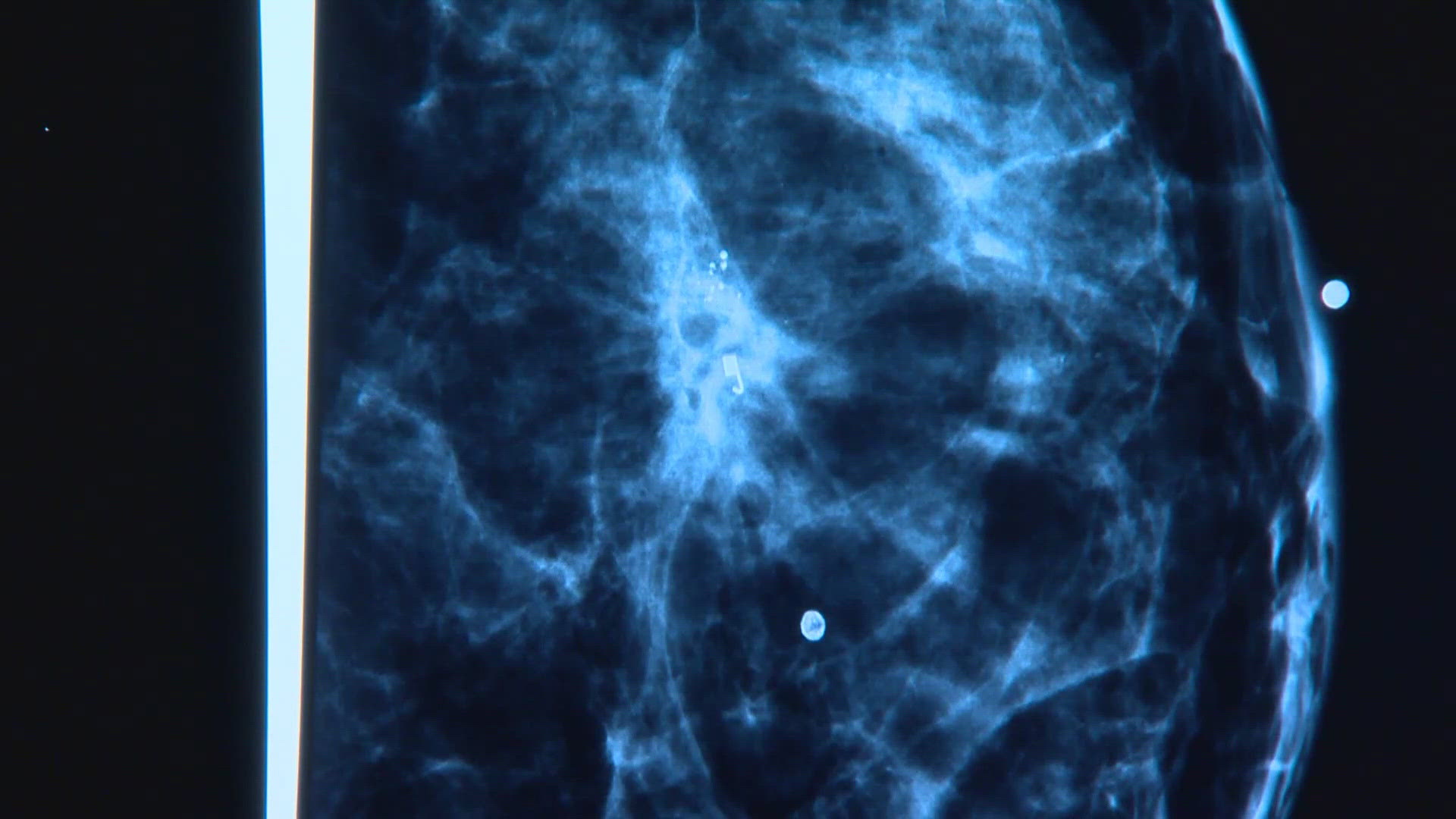WASHINGTON — A groundbreaking study could have a major impact on Black women across the country. Currently, Black women are less likely to be diagnosed with cancer than white women, but more likely to die if they are diagnosed. That's according to research from the American Cancer Society.
Researchers are trying to understand why Black women are most at risk, but they need the community's help to do so.
The 'Voices for Black Women' study aims to follow the behaviors, environment, and lifestyle of 100,000 Black women. So far, only about 2,000 women have signed up.
The initiative is not a clinical study, but it involves completing an online health and life history survey and updating information twice a year for at least 30 years. Results from this study will help inform how to improve the health of Black women for generations to come.
Madeline Long is trying to spread the word about Voices for Black Women in her community. She spent decades advocating for cancer patients and cancer research, but in 2011, it became personal.
"Myself, my mother, and my aunt were all diagnosed with breast cancer," said Long.
Her daughter also carries the BRCA gene, putting her at higher risk for the disease. Future generations are why Long is so passionate about spreading the word about this study.
"To know that for my daughters, my granddaughters, and my nieces, this is going to be information that will be life-changing for them," said Long.
The American Cancer Society initiative is a long-term study, but researchers say it won't take long to get results.
"Very early on, we'll be able to speak to health conditions that are very prevalent in this population, like diabetes or cardiovascular disease. We'll be able to inform cancer prevention strategies within the next five to seven years and inform health outcomes within the next decade or so," said Dr. Lauren McCollough, one of the study's principal investigators.
Black women between the ages of 25 and 55 who have never been diagnosed with cancer are eligible to participate. Researchers say this study will help inform health care providers about real issues facing Black women that will hopefully lead to system and policy changes.
With a small fraction of the volunteer goal met, the team recognizes there is a history of mistrust between Black women and the health care system that may cause hesitation to be part of this. But researchers say they hope respect and transparency will help overcome that.
"Our investigative team is primarily Black women. Eighty percent of our investigators represent the population we're interested in," said McCollough.
Registration for the study is open to women in 20 states and Washington, D.C.
"We can no longer expect others to save us. We have to save ourselves. I'm asking our sisters to show up in your own life and the lives of other women who look like you. Because if we don’t, who will?" Said Long.

